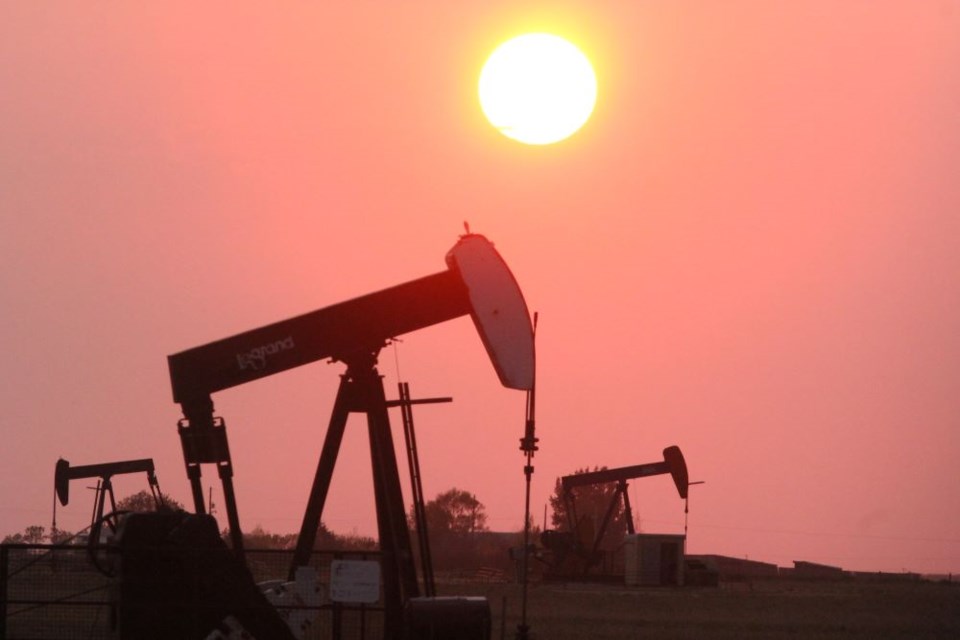The Ministry of Energy and Resources published its inaugural Oil and Gas Emissions Management Regulations (OGEMR) Annual Emissions Report on Monday.
Last year, in 2020, methane emissions from vented and flared gas at upstream oil facilities in Saskatchewan totaled 5.2 million tonnes (Mt) of carbon dioxide equivalent (CO2e). This represents a 5.7 Mt CO2e reduction, or nearly 50 per cent, from 2015 levels of 10.9 Mt – and is equivalent to taking more than 1.1 million cars off Saskatchewan roads for a year.
“Our provincial oil and gas sector has made substantial progress in reducing methane emissions and has, in fact, surpassed current reduction targets,” Energy and Resources Minister Bronwyn Eyre said. “If other energy-producing nations around the world emulated Saskatchewan’s sustainable practices and high regulatory standards, including around methane, global energy-produced emissions would instantly fall by 25 per cent.”
In 2019, the Government of Saskatchewan released its Methane Action Plan (MAP) and OGEMR, which achieved federal equivalency last year, whose goal is to reduce methane emissions by 40 to 45 per cent from 2015 levels by 2025. The latest provincial data indicates that emissions reduction targets under MAP may actually be met ahead of 2025.
In 2021, the Government of Saskatchewan announced $500,000 to support innovative research and technology, carried out by the Saskatchewan Research Council, applied to measuring gas volumes and monitoring emissions in the oil and gas sector. In the 2021 provincial budget, the Government of Saskatchewan also announced a five-year moratorium on associated gas royalties, which encourages the upstream oil and gas sector to invest in methane reduction projects.
Saskatchewan is a jurisdictional leader when it comes to regulatory regulations and data collection processes around methane measurement and reporting. Since 2017, the Government of Saskatchewan has invested almost $3 million in further enhancing regulation and increased staff, inspections, audit powers and penalty provisions.




